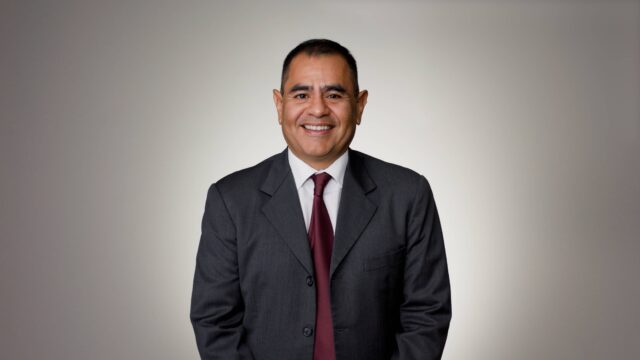Project Overview
The South Dakota Native Tourism Alliance is reclaiming tourism as an engine of Indigenous economic power and cultural resurgence—empowering Native youth to lead, innovate, and thrive in a future where their communities own both their stories and their success.
Five Questions
Learn more about this project
Meet our other 2025 awardees

New Jersey, Operating Nationally
United Stateless redefines social justice by centering the leadership of stateless people themselves, creating a groundbreaking model of self-advocacy and systemic change for a population long excluded from legal recognition and public discourse.
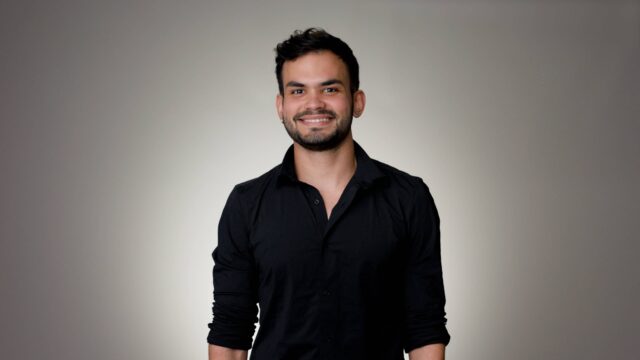
New York, Operating Nationally
Plantaer creates biocompatible, cement-free materials that integrate plant life into urban infrastructure to cool buildings, purify air, capture carbon, and deliver exceptional durability.
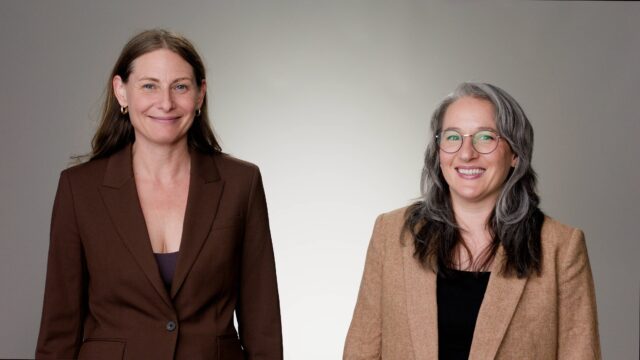
Catherine Casomar &Sarah Friedman
Washington, D.C., Operating Nationally
The Better Data Center Project works in solidarity with communities on the front lines of data center development to realize fair and just distribution of economic, social, and environmental costs and benefits and mitigate potential harms.
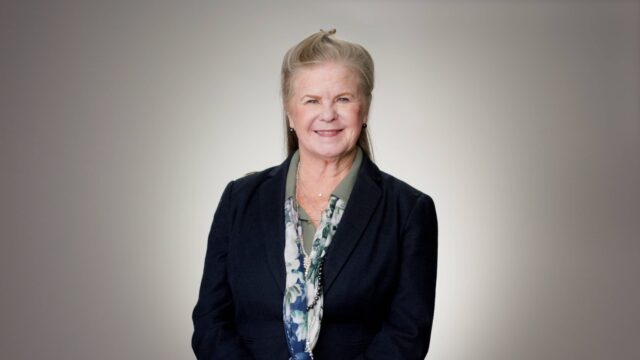
Alabama
Redemption Earned is a nonprofit law firm that provides free legal and reentry services to elderly, critically ill, and infirm dying people in Alabama’s prisons, prioritizing public safety while addressing fundamental deficiencies in the state’s parole process.
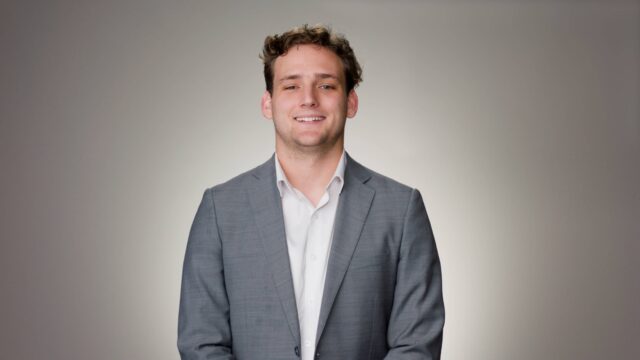
Washington, D.C., Operating Nationally
The Center for Land Economics is a national coordinating body for land value tax reform, combining technical assistance to local governments, open-source research and software, and a national action network to unlock affordable housing, reduce inequality, and promote sustainable development.
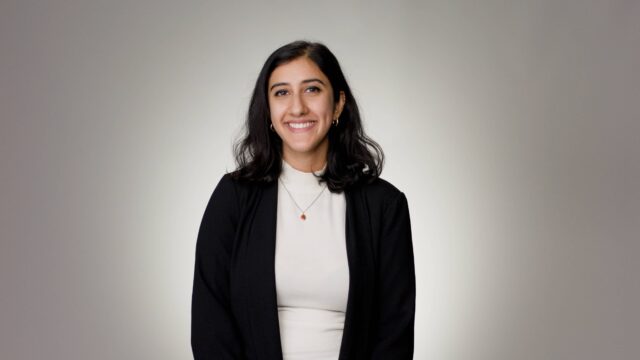
Massachusetts, Operating Globally
Rooted Futures Lab transforms the teaching, design, and deployment of science and technology by embedding environmental justice at their core to confront systemic social and ecological harm.
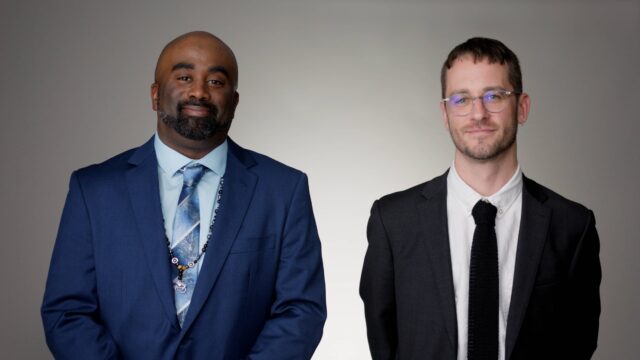
Jonathan Rajewski &Kyle Daniel-Bey
Detroit, Michigan
Entry Points is a re-entry artist residency that offers housing, studio space, and support to returning citizens who were unconstitutionally sentenced to mandatory life without parole as juveniles in Michigan, allowing participants to transition to life outside and maintain their developed identity as artists.

Pittsburgh, Pennsylvania
The QMNTY Continuum is a grassroots, community-led model created by TransYOUniting and Proud Haven that delivers wraparound care for Black trans and TLGBQIA+ people through affirming shelter, essential services, civic engagement, and cultural connection in Pittsburgh’s inner city.

 Learn More
Learn More